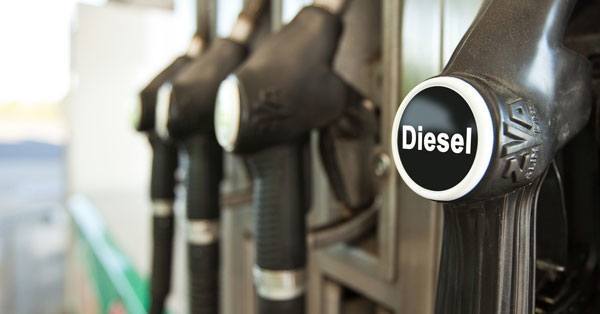
It is a little known fact that every other new car in Germany is now diesel-powered.
Such is the rise in popularity of today’s advanced diesel engines; driven by the need to comply with European Union directives on reduced emissions and improved fuel economy, manufacturers across the EU have continually evolved this technology into the clean, quiet, smooth and powerful engines that have found such favour with the motoring public.
Gone are the days of the smoky, polluting, noisy diesels once the exclusive province of commercial vehicles; the emissions standards set by the EU are now ushering in a new and exciting age of environmentally friendly diesel technology available to all.
Technology Behind the Improvements
Products from the development of diesel technology by Bosch include common rail diesel injection, an advanced fuelling system which has many advantages. Its increased fuel economy, reduced emissions and crucially, smooth and quiet operation have given it the advantage over alternative diesel systems.
The introduction of this technology into modern diesel cars has contributed greatly to their growing popularity; the high-pressure injector allows for the engine to run on less fuel, using a greater percentage of energy from the fuel than ever before, without sacrificing any of its power. Therefore, Bosch have made it possible to maintain performance without compromise on fuel economy.
Additionally, and now included in all Bosch diesel systems is the denoxtronic emissions control technology. This reduces harmful nitrous oxide released from the exhaust pipe, neutralising them within the exhaust itself and leading to much cleaner gas emissions with a less detrimental effect on the environment.
As you can see in the infographic above, due to the proliferation of diesels in the last twenty years as an alternative to petrol, with this new and advanced technology emissions across Europe have been kept well below the EU guidelines.
EU directives on this topic are getting tougher every year as the fight to reverse climate change continues, but the Bosch system exceeds the very latest standards issued from Brussels.
Engine management software development, included in every Bosch system, monitors and controls filtration, fuel injection and ignition to ensure that emissions stay low throughout the life of the engine.
Mr Diesel’s Vision in the Future
When Rudolf Diesel first patented his engine design in 1893, he could not have dreamed of the massive global impact his invention would one day have.
As early as 1920, automotive experts hailed the diesel as the technology of the future, even though it was not to be fitted to a car until 1929, and even then was only experimental.
The engine was not featured in a production car until the Mercedes-Benz 260 D in 1936.
80 years of development to this phenomenon have made the diesel engine ever more popular, and in 2014 fifty percent of all manufactured cars in Western Europe have adopted Diesel’s timeless power system.
Sadly, Rudolf Diesel himself would never see the extent of his brainchild’s success, as he unfortunately died at sea on September 29, 1913.
But if you are on a forecourt, filling up with diesel at the end on September, spare a thought for the man and his invention that can, thanks to new technology, propel a car from Frankfurt to Rome on a single tank of fuel.

